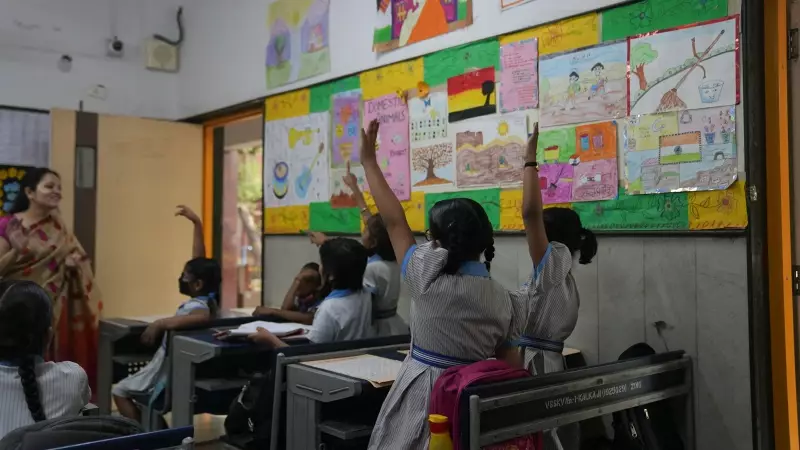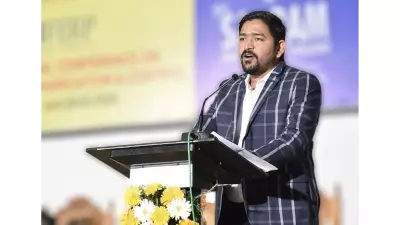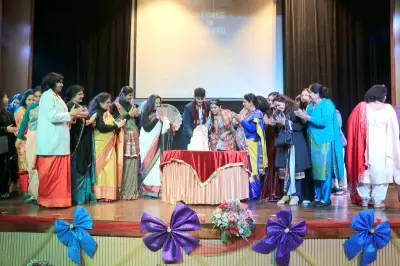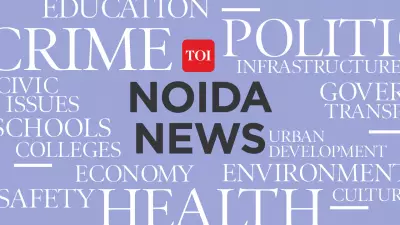
In a groundbreaking move that promises to reshape India's educational landscape, the All India Council for Technical Education (AICTE) has issued a transformative directive that levels the playing field for millions of students across the nation.
Equal Recognition for Open Schooling
The council has officially mandated that all technical institutions must treat qualifications obtained through the National Institute of Open Schooling (NIOS) as equivalent to those from traditional education boards like CBSE, ICSE, and state boards. This decision marks a significant departure from previous practices where NIOS students often faced additional hurdles during college admissions.
Breaking Down Barriers
The AICTE's circular, addressed to universities, colleges, and technical institutions nationwide, explicitly states that NIOS certificates should be recognized as valid qualifications for admission to various courses. This policy shift addresses long-standing concerns about discrimination against open schooling students and ensures that educational pathways remain accessible to all learners, regardless of their chosen mode of study.
What This Means for Students
This progressive policy offers numerous advantages:
- NIOS students can now compete on equal footing with their peers from conventional boards
- Increased flexibility in educational choices for students with diverse learning needs
- Reduced stigma associated with alternative education pathways
- Greater opportunities for students from remote areas or those requiring flexible schedules
A Step Toward Inclusive Education
This decision represents a significant victory for educational inclusivity in India. By acknowledging the validity of open schooling qualifications, the AICTE has taken a crucial step toward creating a more equitable education system that accommodates different learning styles and circumstances.
The move is particularly significant for students who opt for NIOS due to various reasons including health challenges, geographical constraints, athletic commitments, or personal circumstances that make traditional schooling challenging.
Implementation and Impact
Educational institutions across India are now required to update their admission criteria to reflect this policy change. The directive ensures that no student from NIOS will face discrimination during the admission process to technical education programs, potentially opening doors for thousands of learners who previously faced unnecessary barriers to higher education.





